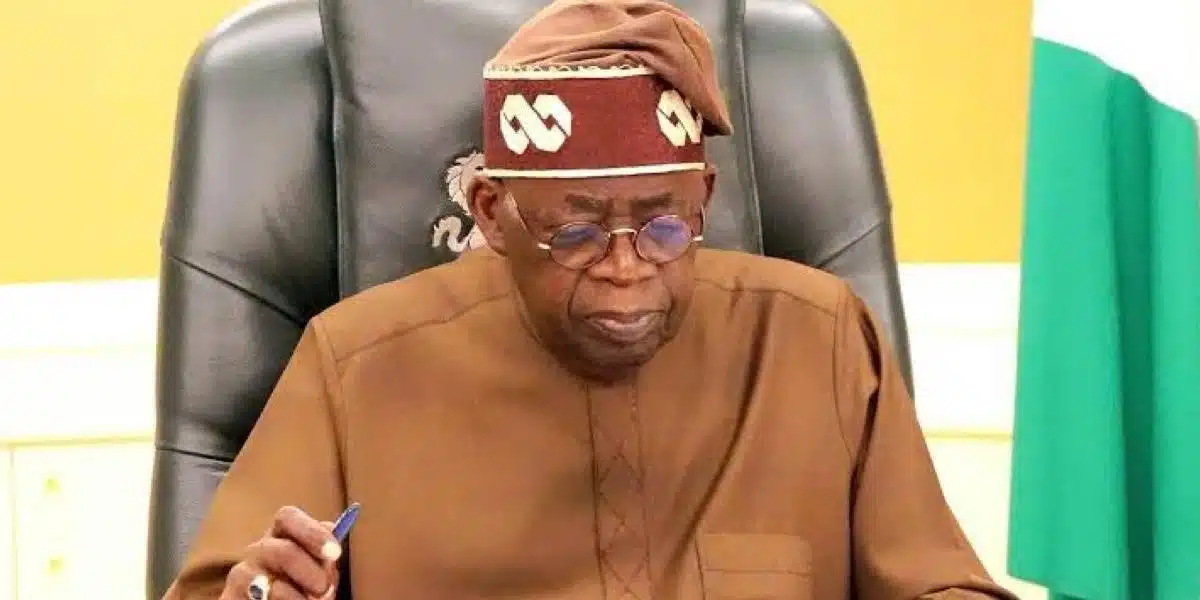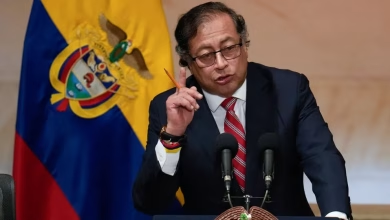
Tinubu’s Reforms Will Ease Cost of Living Soon – Onanuga Assures Nigerians
Amid growing concerns over the rising cost of living, Special Adviser on Media and Information Strategy to President Bola Ahmed Tinubu, Mr. Bayo Onanuga, has appealed to Nigerians to remain hopeful, assuring that the economic reforms introduced by the current administration will soon begin to yield visible results.
Speaking with journalists in Lagos, Onanuga said the government is aware of the economic hardship faced by citizens but insisted that the foundation for long-term national prosperity has already been laid.
“From day one, President Tinubu’s government hit the ground running with bold policy decisions. A number of critical reforms have already been implemented, and their impact is gradually taking shape across various sectors,” he said.
While acknowledging that two years may not be enough to fully gauge the success of large-scale reforms, Onanuga stressed that meaningful shifts have already taken place in the Nigerian economy.
He pointed to the dire situation the administration inherited—especially in the fuel supply sector. According to him, the Nigerian National Petroleum Corporation (NNPC) was already crippled by debt, unable to import fuel, and owed about $6 billion to suppliers. The federal government, in turn, owed the NNPC over ₦4 trillion, leading to widespread scarcity.
“Before subsidy removal, fuel was hardly available. Many filling stations were dry, simply because NNPC had no funds left to sustain imports. What we had at that point was a near-total collapse of the system,” Onanuga explained.
He also defended the administration’s handling of currency devaluation, calling it a globally accepted economic strategy.
“Even developed economies like the UK and the US have had to devalue their currencies in the past. It’s a tool used to stabilise markets and encourage domestic productivity. Nigeria is not doing anything strange,” he said.
Onanuga highlighted efforts to boost local production, citing examples of multinational firms like Nestlé and Nigerian Breweries that have increased their local sourcing and are now recording profits. He noted that many Nigerians are already benefiting from new opportunities in export businesses, particularly in agriculture.
“There are Nigerians making money from exporting cocoa, ginger, Zobo and more. The opportunities are there—people just need to tap into them,” he said.
He urged media outlets and the public to embrace a more balanced view of the economy, warning against amplifying only negative narratives.
“We do ourselves no favours by focusing solely on stories of hardship. There is context to what’s happening. And there’s light at the end of the tunnel—we just need to be patient,” Onanuga concluded.






